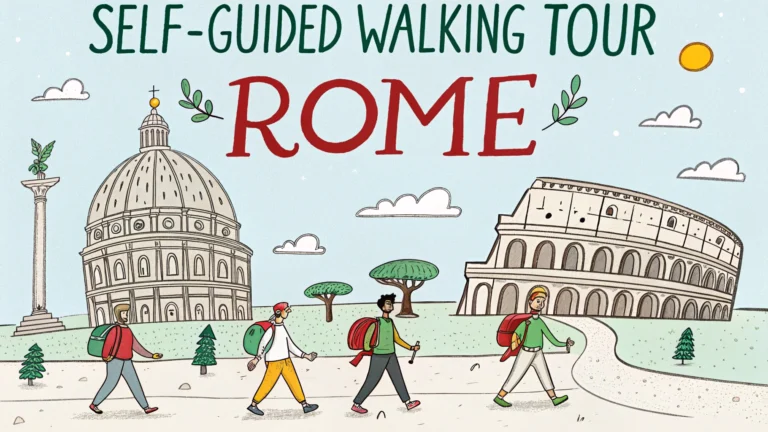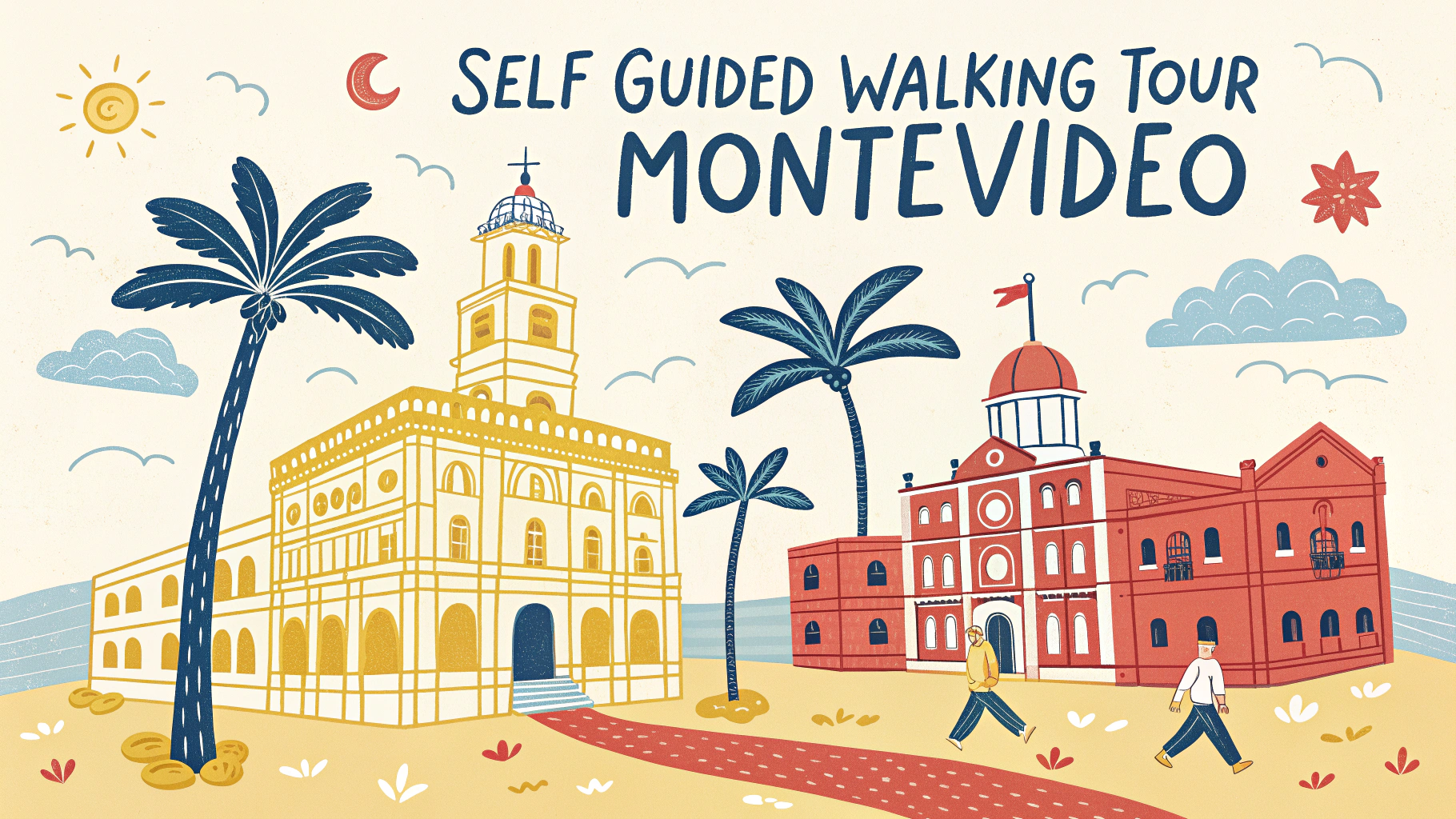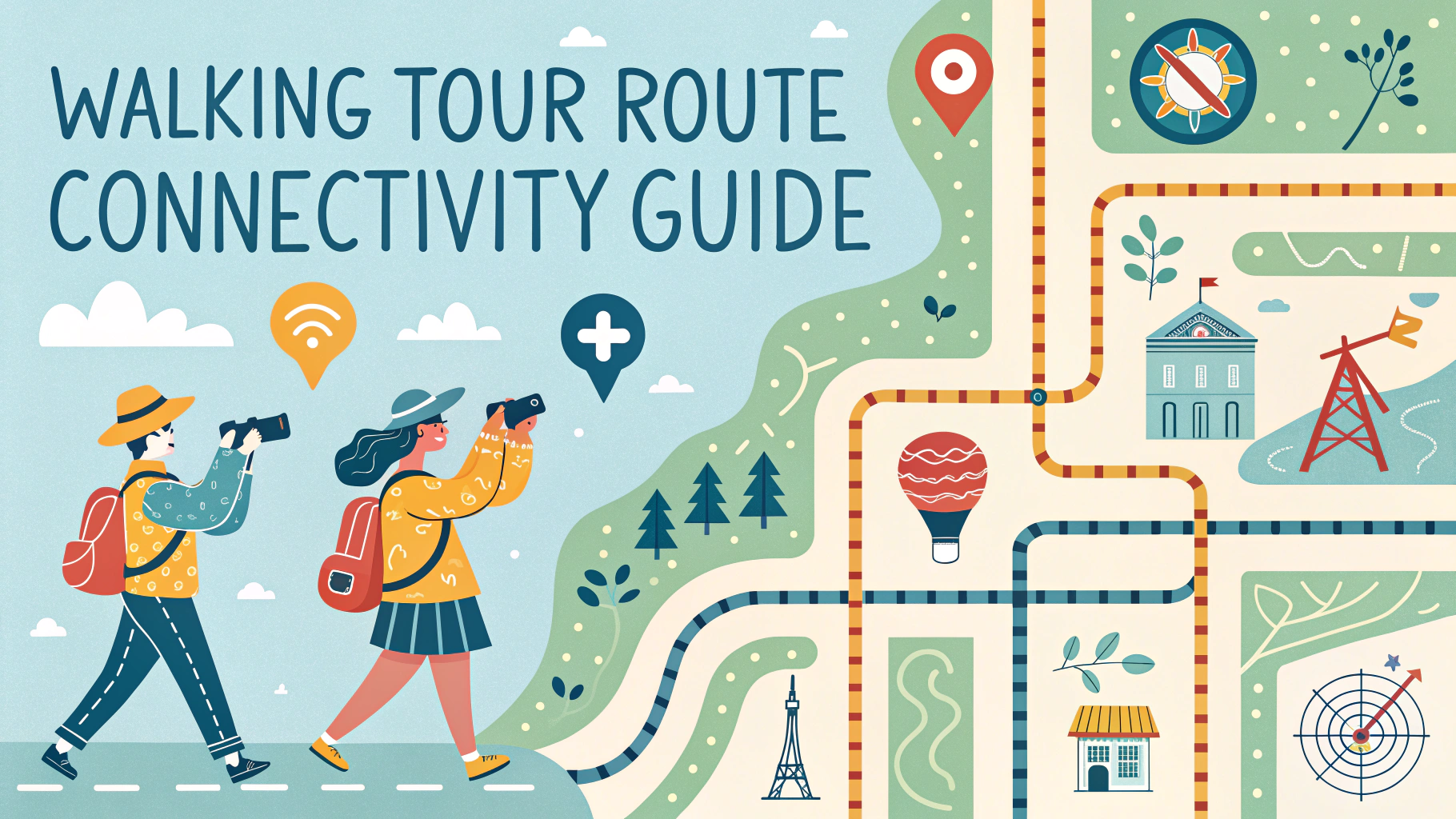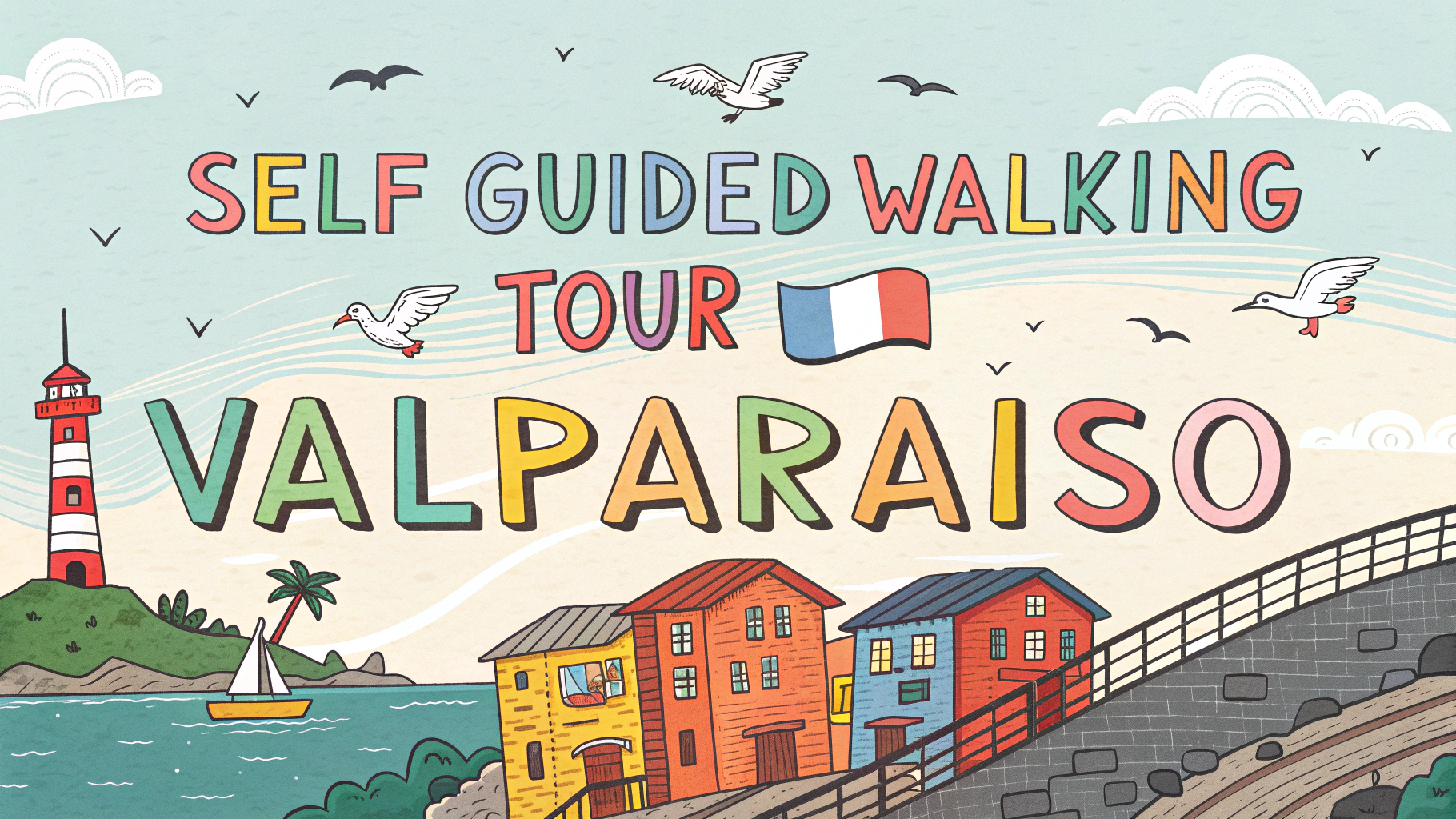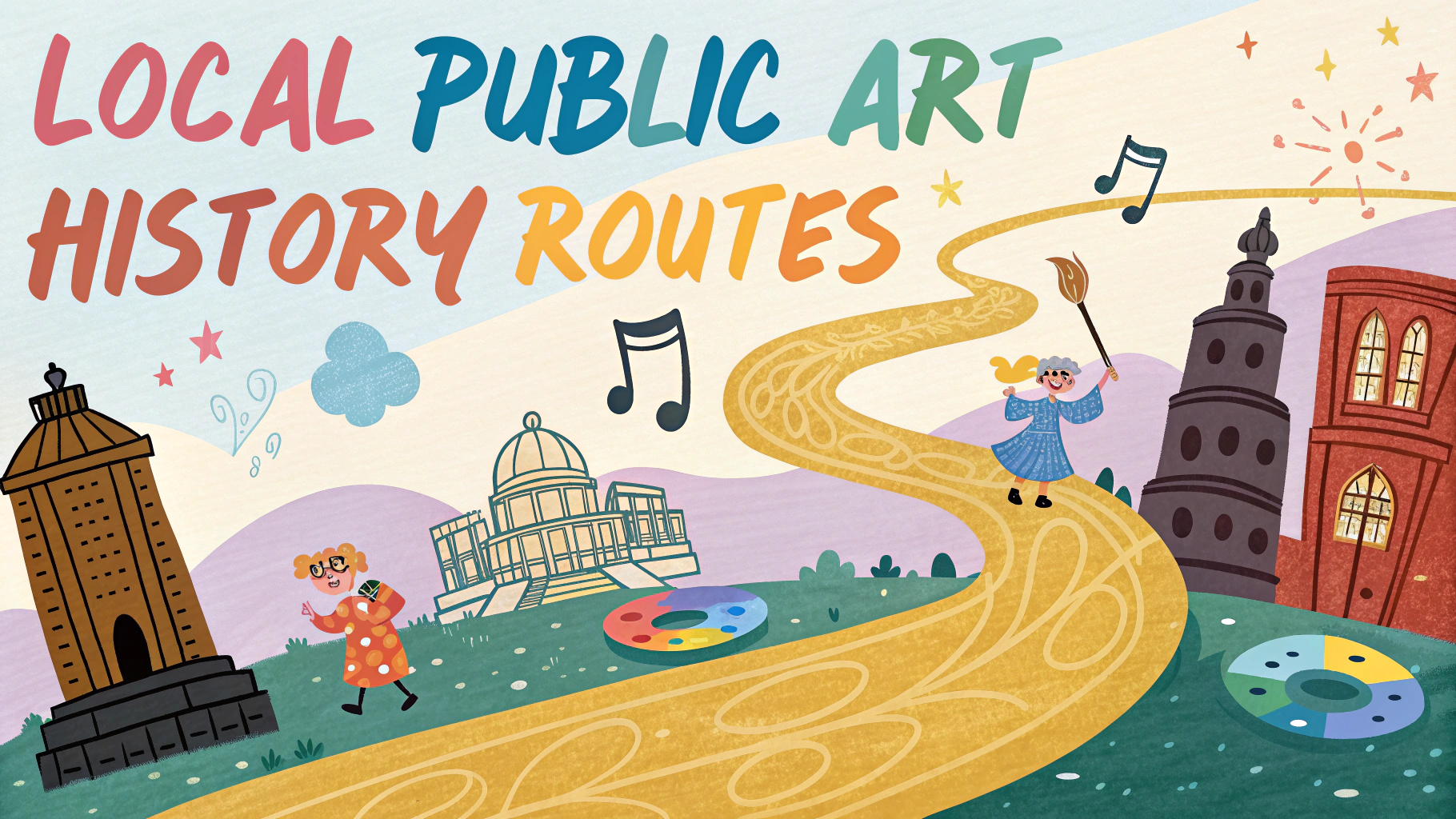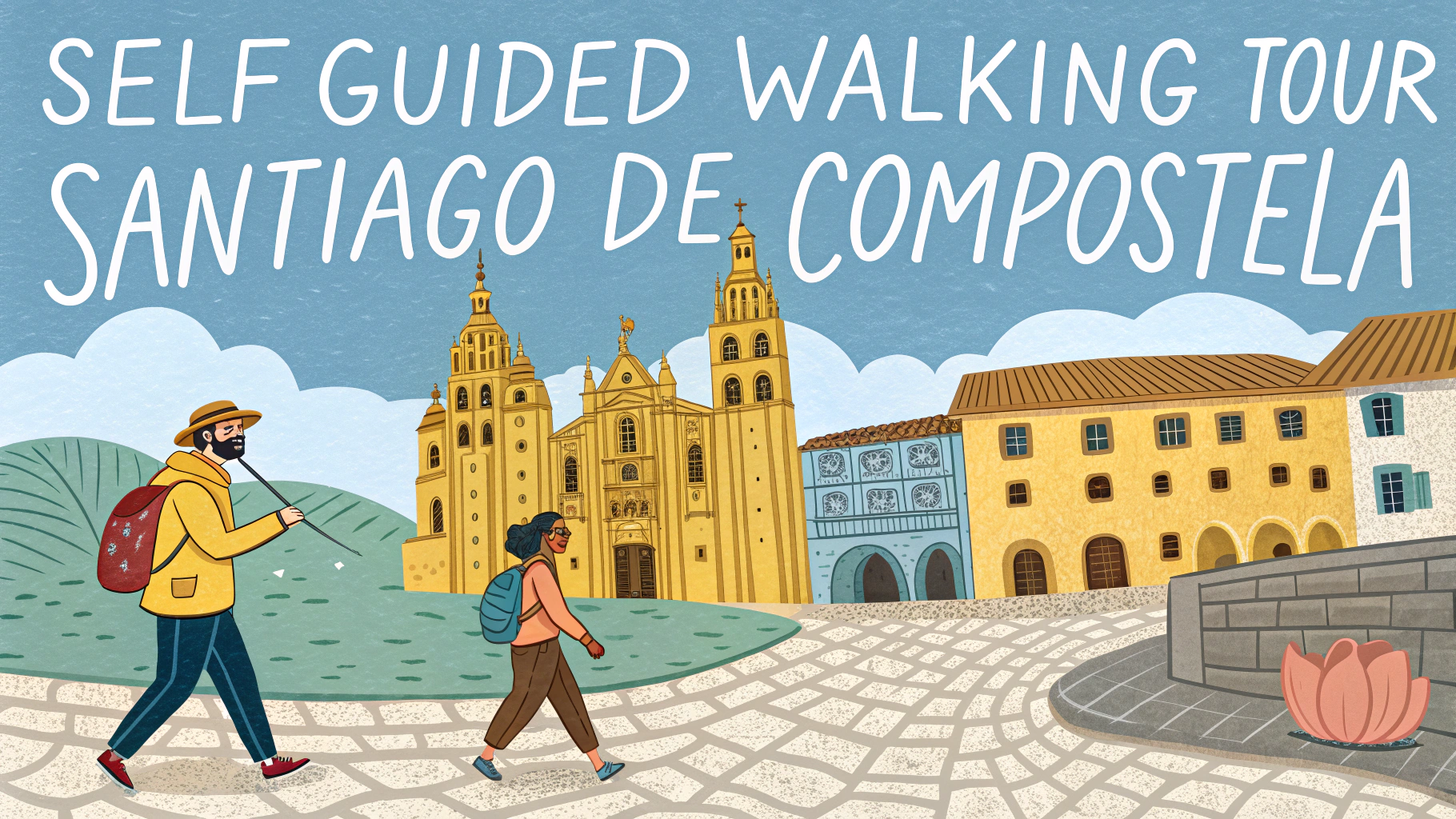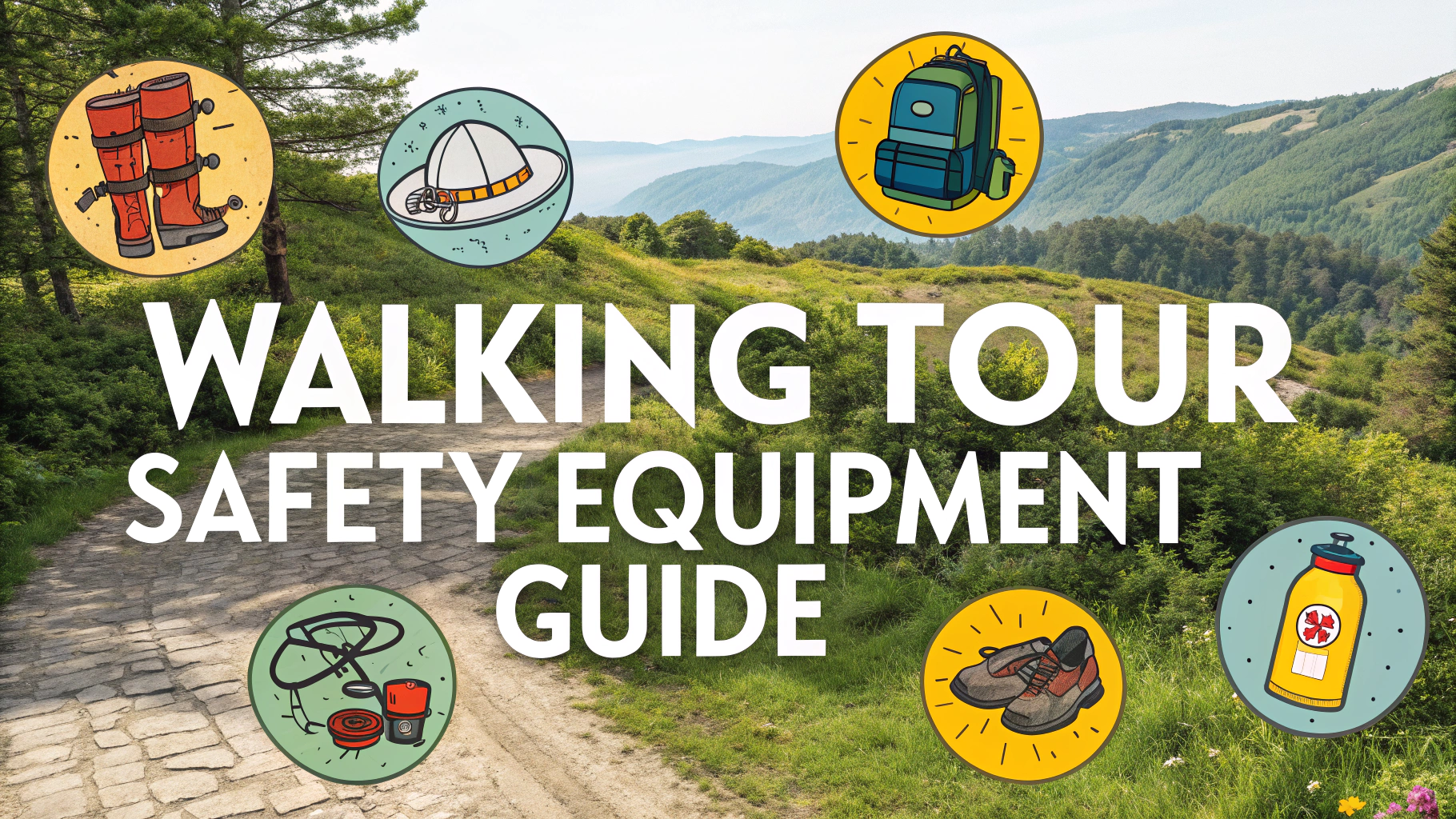A self-guided walking tour offers the perfect way to explore Rome at your own pace while discovering hidden gems and major attractions.
Suggested Walking Route
Start your walk at the iconic Colosseum metro station (Line B).
- Colosseum → Roman Forum (10 min walk)
- Roman Forum → Piazza Venezia (15 min)
- Piazza Venezia → Pantheon (10 min)
- Pantheon → Piazza Navona (7 min)
- Piazza Navona → Trevi Fountain (12 min)
- Trevi Fountain → Spanish Steps (10 min)
Tips for Walking in Rome
- Wear comfortable walking shoes – Rome’s streets are often uneven and cobblestoned
- Start early (8:00-8:30 AM) to avoid crowds and afternoon heat
- Carry a water bottle – refill at Rome’s many public fountains
- Download an offline map app like Maps.me
- Bring a hat and sunscreen – shade can be limited
Key Stops & Opening Hours
| Location | Opening Hours | Entry Fee |
|---|---|---|
| Colosseum | 8:30 AM – 7:00 PM | €16 |
| Roman Forum | 8:30 AM – 7:00 PM | Included with Colosseum |
| Pantheon | 9:00 AM – 7:00 PM | €5 |
Food Stops Along the Way
- Near Colosseum: Li Rioni (Via SS. Quattro, 24) – authentic Roman pizza
- Near Pantheon: Roscioli Ristorante (Via dei Giubbonari, 21/22) – classic Roman pasta
- Near Spanish Steps: Ginger (Via Borgognona, 43-46) – fresh salads and smoothies
Time-Saving Tips
- Book Colosseum tickets online in advance to skip lines
- Visit the Trevi Fountain early morning or late evening
- Use side streets parallel to main routes for faster walking
- Consider splitting the tour into two days if you want to enter all monuments
Safety Notes
- Keep belongings close in crowded areas
- Use pedestrian crossings – Roman traffic can be chaotic
- Store emergency numbers: Police (113), Ambulance (118)
- Stay hydrated – especially during summer months (June-August)
Total walking distance: approximately 3.5 km (2.2 miles)
Expected duration: 4-6 hours (without entering monuments)
Additional Route Extensions
For those with extra time, consider these optional detours:
- Vatican Museums → St. Peter’s Basilica (30 min from Spanish Steps)
- Campo de’ Fiori Market (10 min from Pantheon)
- Trastevere neighborhood (15 min from Campo de’ Fiori)
Evening Activities
Sunset Viewpoints
- Pincio Terrace overlooking Piazza del Popolo
- Orange Garden (Giardino degli Aranci)
- Capitoline Hill behind Piazza Venezia
Aperitivo Spots
- Hotel Locarno (Via della Penna, 22)
- Bar del Fico (Piazza del Fico, 26)
- Salotto 42 (Piazza di Pietra, 42)
Seasonal Considerations
- Spring (March-May): Ideal walking weather, gardens in bloom
- Summer (June-August): Early morning or evening walks recommended
- Fall (September-November): Pleasant temperatures, fewer tourists
- Winter (December-February): Shorter hours, Christmas decorations
Conclusion
This self-guided walking tour covers Rome’s major highlights while allowing flexibility to explore at your own pace. The route can be customized based on your interests and energy levels. Remember to take breaks, stay hydrated, and immerse yourself in the eternal city’s rich history and culture.
For the best experience, combine this walking route with advanced planning for major attractions and remain flexible for spontaneous discoveries along Rome’s charming streets.
FAQs
- What is the best time of year for a self-guided walking tour in Rome?
Spring (April-May) and fall (September-October) offer ideal temperatures and fewer crowds. Summer can be extremely hot and crowded, while winter is cooler but generally still comfortable for walking. - Which are the must-see landmarks to include in a walking route through Rome?
Essential stops include the Colosseum, Roman Forum, Pantheon, Trevi Fountain, Spanish Steps, Vatican City, Piazza Navona, and the Borghese Gardens. - How long should I plan for a comprehensive walking tour of Rome’s historic center?
A thorough walking tour of Rome’s historic center typically requires 6-8 hours. However, it’s recommended to split this into 2-3 days to fully appreciate each site. - Do I need to book tickets in advance for attractions along the walking route?
Yes, pre-booking is essential for major attractions like the Colosseum, Vatican Museums, and Borghese Gallery to avoid long queues and potential sell-outs. - What’s the best footwear for walking tours in Rome?
Comfortable, sturdy walking shoes with good support are essential as Rome’s streets are often uneven, with many cobblestones and occasional steep inclines. - Are Rome’s walking routes accessible for people with mobility issues?
Many areas have cobblestones and stairs, and not all sites are wheelchair accessible. The historic center has limited accessibility, but main tourist areas have improved access options. - How can I avoid tourist traps while walking through Rome?
Stay at least two blocks away from major tourist sites for authentic restaurants, avoid restaurants with tourist menus in multiple languages, and seek establishments where locals dine. - What safety precautions should I take during a self-guided walk in Rome?
Keep valuables secure, be aware of pickpockets especially in crowded tourist areas, carry water, and avoid walking alone in quiet areas at night. - Should I follow a specific route or direction when walking through Rome?
Start early at the Colosseum area, proceed to the Roman Forum, then head northwest through the historic center. This route optimizes time and energy while following the natural flow of main attractions. - What should I bring on a walking tour of Rome?
Essentials include a detailed map or offline GPS app, water bottle, comfortable shoes, sun protection, camera, and cash for small purchases, as not all establishments accept cards.
